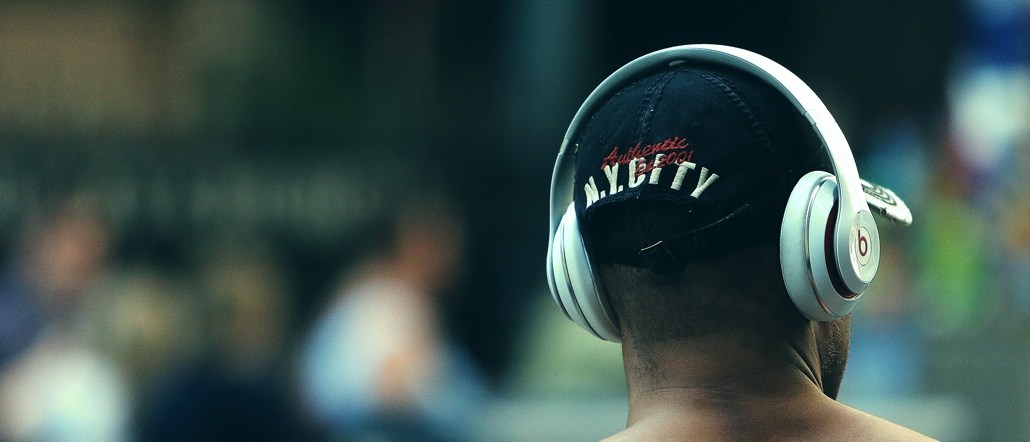Secure your place at the Digiday Media Buying Summit in Nashville, March 2-4

A big new front has opened up in the war for exclusive podcasts. Spotify has been talking to podcast producers about original shows, including Gimlet, How Stuff Works and Pineapple Street Media, according to multiple people familiar with the discussions. Spotify did not make an executive available for comment.
The shows, which Spotify would like to be focused on music, according to one producer that’s spoken to the service, would be the first step in a longer-term play several platforms are making to become hubs for both music and spoken-word audio content. They could also serve as a valuable way for Spotify to grow its revenue sources ahead of an IPO many expect to happen either this year or next.
“I think a fantastic goal for these services would be to have 10 percent of their listening time be talk[-focused content],” said Mark McCrery, the CEO of Podtrac, a podcasting analytics service. “I think achieving that is a longer-term play.”
To date, podcasts have fit awkwardly into Spotify’s product. It took nearly six months to roll them out widely after they were first announced in the spring of 2015, and even today, finding the dedicated podcasts section on Spotify’s apps takes some digging; they are still not available on the desktop version of Spotify’s app, and they’re tucked away in a corner of the mobile app.
The number of users that have bothered to look them, thus far, is quite small. For most podcast producers, Spotify accounts for less than 5 percent of their total shows’ listens; Podtrac, for example, does not include Spotify listening data in its rankings, saying the overall amount of data provided is too small to make an impact.
Yet that slow start apparently has not deterred Spotify. The slow launch of video didn’t discourage the startup from investing more in original video either, with the streaming giant now seeking shows that can cost as much as $200,000 per episode.
At those prices, Spotify could easily buy up tons of podcasts, which are far less resource-intensive than video but can command advertising prices that rival, or even surpass on-demand video content.
It’s difficult to project how much original audio programming would move the needle for a product like Spotify, but it’s hardly the only one making moves in this direction. Audible, the Amazon-owned audiobook subscription service, began adding original audio podcasts to a subscription service in December, and Howl Premium, an ad-free subscription service unveiled by the Scripps-owned podcast advertising network Midroll in the summer of 2015, has been using original programming to entice people to sign up as well.
The key distinction between those services and Spotify, however, is the latter’s reliance on recorded music, which record companies and music publishers provide at enormous cost. In its previous deals with labels, Spotify agreed to pay a combined 70 percent of its revenue to record labels and publishers, a number it is reportedly trying to push downward at the negotiating table. Moving toward podcasting could add another source of revenue, while also adding more time spent listening, overall.
More in Media

From feeds to streets: How mega influencer Haley Baylee is diversifying beyond platform algorithms
Kalil is partnering with LinkNYC to take her social media content into the real world and the streets of NYC.

‘A brand trip’: How the creator economy showed up at this year’s Super Bowl
Super Bowl 2026 had more on-the-ground brand activations and creator participation than ever, showcasing how it’s become a massive IRL moment for the creator economy.

Media Briefing: Turning scraped content into paid assets — Amazon and Microsoft build AI marketplaces
Amazon plans an AI content marketplace to join Microsoft’s efforts and pay publishers — but it relies on AI com stop scraping for free.








